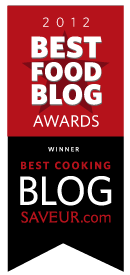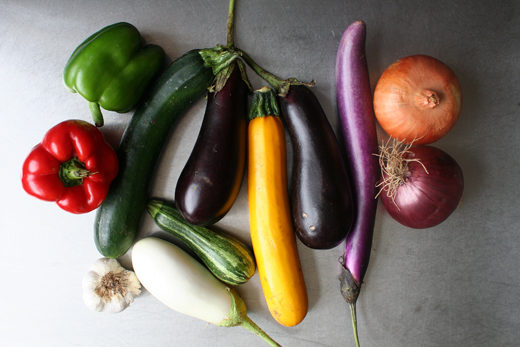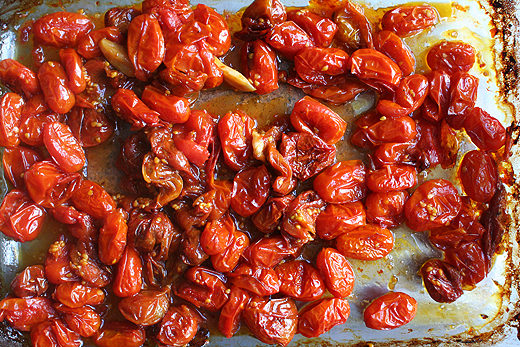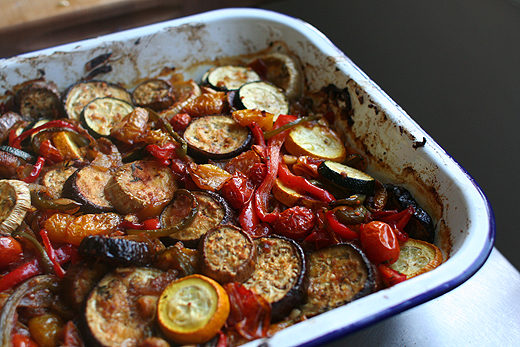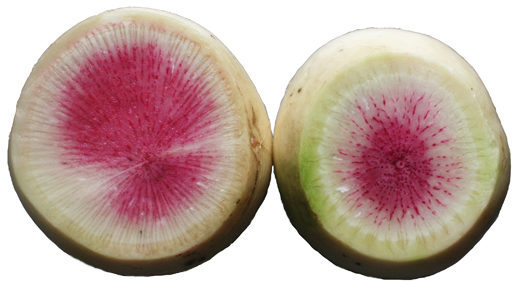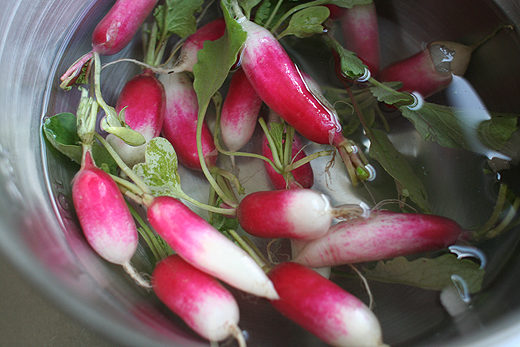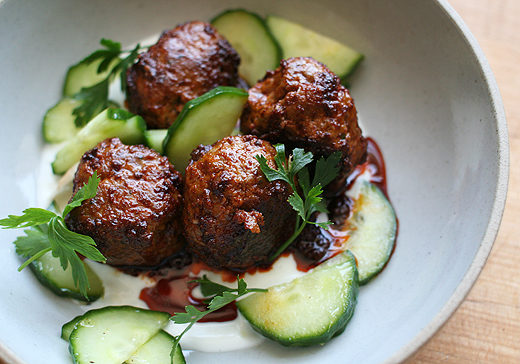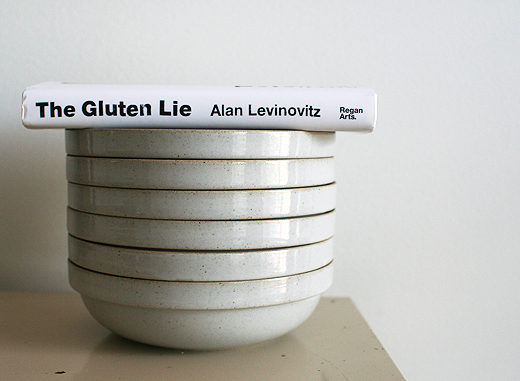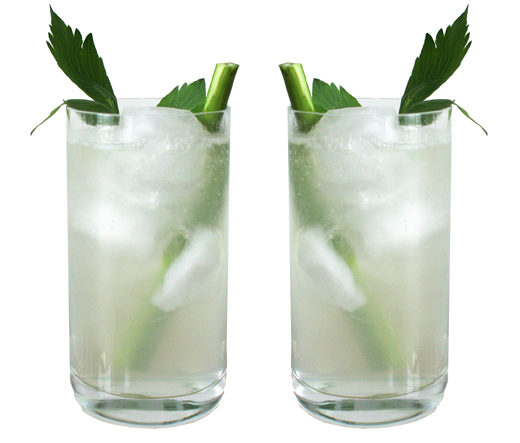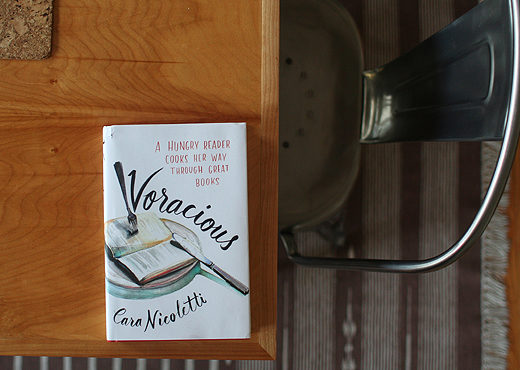
I made this cake twice. The first time I baked in a bundt pan and seriously fucked it up when trying to remove it from the pan. Pieces. Cursing. Why Does everything happen to me? LOL. It was mostly my fault, I was lazy when preparing the pan. Luckily I was bringing it to by best friend who had just had her second son and wasn’t going to judge me, she was covered in spit-up. I threw the half I could salvage into a disposable lasagna pan and presented it as the glorious mess it was.
I made it again more recently for the same friend (she really likes malt, and I had something to prove) and this time baked it in a square muffin tin, making cute little individual cakes. I also made the glaze less of a glaze and more of a frosting. I liked it both ways. The cake is full of intense vanilla/malty flavors and feels just right for fall and cool weather and rainy days. It’s kind of my dream cake. It might be yours, too.

- [Talk about voracious!]


